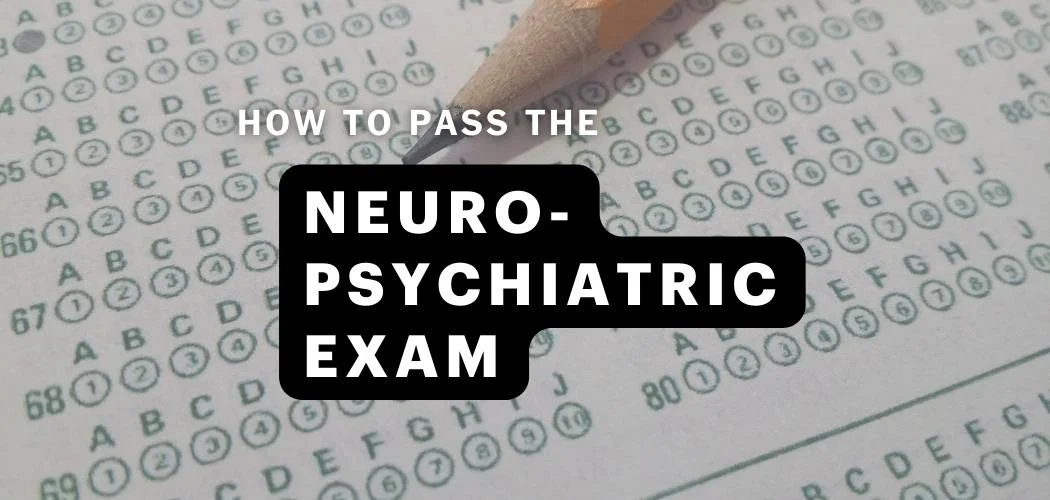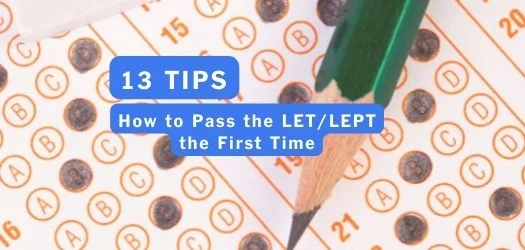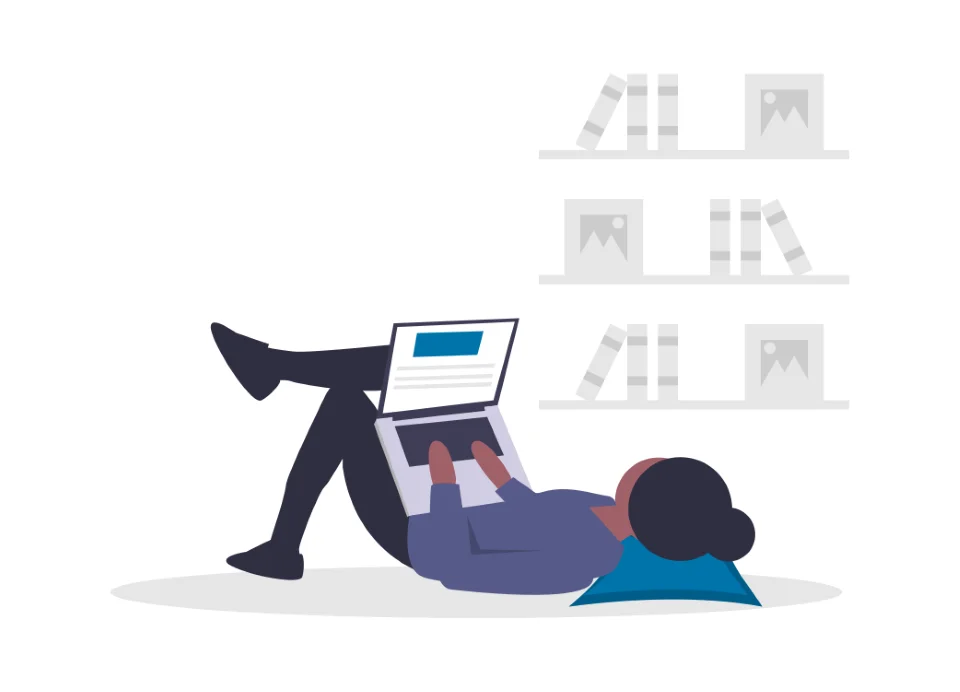Can we improve our memory and prevent forgetting? Any test that you do will be a test of memory. You will need to take in the information that you are learning and be able to remember it in your exam.
But, we all know that the process doesn’t always go to plan! So what does science say about why we forget information that we have tried so hard to remember? And, more importantly, how can you use it to boost your memory ready for your next test?
Overview of our memory
The first step to remembering things better is to understand how our memory works.
The first thing to notice is that we remember what happened in the past. That’s because we have retrospective memory. A type of memory we use to remember things like the name of a person, events, and dates in the past.
Retrospective memory is also the kind of memory we use to remember how a task is done. This is called implicit memory. Without this, you would not be able to do even a simple task like brushing your teeth.
Another division of retrospective memory is called explicit/declarative memory. This is what we use to remember facts, meaning, or memory for events.
In this article, we’re going to focus on declarative memory as this covers most of the things you’re trying to “remember” for your next major exam, like facts, dates, names, and ideas.
But you might have not noticed that we can also remember to do something in the future (prospective memory). Without this kind of memory, we would not be able to set our alarm clock in the evening and not be able to go to work in the morning.
3 parts of memory
What does a fifty-peso bill look like? Do you think you’d be able to describe or even draw one?
We see these banknotes almost every day but few people could describe them accurately. This means that looking at something constantly is not an assurance that we will remember it when we need it.
But what’s more interesting is, that we can instantly recognize a fifty-peso bill even if we can’t describe it accurately.
To explain this mystery, we need to break how we remember things into three parts:
- Encoding
- Storage
- Retrieval
Improving our memory must either encode the information in a format you’re likely to retrieve, store the information better—and hopefully longer—and retrieve it in the situation you need.
Encoding information into your brain
Encoding is the process of putting information into your brain. One way of encoding information is simply by repeating it to yourself.
This isn’t the most effective way of learning as you saw in our fifty-peso bill example. What’s the better strategy?
Depth of processing
The deeper the information is processed, the more likely it is to be remembered. There are three methods you can use:
- categorizing – grouping the information into categories
- structuring – create a meaningful structure
- self-explanation – explaining information in your own words and asking questions about the meaning
So when studying, it is a good idea to play around with the structure of your notes. You could use a hierarchical structure, or brain-mapping, whatever works for you. But the structure should have meaning.
Copying your notes verbatim from the textbook is the worst way of trying to remember them. Instead, try reading the passage, placing the book down, and then writing it out in your own words. Handwritten notes are better than making notes on a computer for this same reason. We tend to make notes that are closer to the source text when typing than when writing things out by hand.
Transfer-appropriate processing
Learn in the same way as you will need to remember. This is the trick to acing your next major exam.
To remember effectively, the processes you used during practice need to match with the processes during the exam. In other words, when you are learning your material you should make sure you use the same cognitive processes as you will need when you remember it.
Think hard about how you will be tested on the information you need to remember. So if the test is going to be essay-based, use essays to aid your learning.
Recommendations:
→ Spend about 25% of your time practicing with the final test format (e.g. multiple choice).
→ Spend the remaining time practicing with deep-processing techniques.
State-dependence
The main idea is you should be in the same physical and mental state when trying to retrieve the information.
The more similar your mental, physical, or chemical state is when learning to when you are trying to retrieve the information, the more likely you are to remember it. So, for example, if you are happy when you are learning the material, you will be better at remembering it if you are happy when being tested.
Or you could vary your learning states because you can never be 100% sure how you are going to be on the day of the test.
Context-dependence
A snapshot is taken of everything present in the environment when you were studying and the cues in your environment are then connected to the information you have learned and can help you to remember it.
So you could make your learning environment as close to test conditions as possible. Or you could, again, vary your learning environment. Revising in different rooms can improve your memory during the test by 30%!
Recommendations:
→ Spend at least 25% of your study time doing exam simulation (e.g. time your answers and sit at a desk)
→ Study regardless of your physical/mental state (different moods, energy levels, etc.)
Storing information in your brain
Sleep – you need it!
Let biology do the work for you. The biological changes needed to form new memories happen most during sleep. Sleep deprivation can lead to poorer memory so pulling an all-nighter is never a good idea.
Napping can help. A 90-minute nap is the best option because then you will be rested but will have had a deep enough sleep to help consolidate your memories.
Recommendations:
→ Take a 90-minute nap after a study session.
→ Schedule your study sessions before you sleep.
Spacing effect – spread out your learning sessions
Spreading learning into multiple shorter sessions is more effective than learning in one long session. And the overall amount of time needed for learning is less.
Spacing learning sessions out can also tell you which pieces of information you are starting to forget, which can push you to try more effective ways of memorizing it.
Recommendations:
→ Avoid cramming (many hours in one session).
→ Divide your study sessions into smaller chunks and spread them out.
Retrieving information when you need it
Don’t multitask! You might think that you are great at doing two things at once, but in reality, you are doing both tasks poorly. Including remembering things.
Revising with practice tests is the most successful method of remembering the information. They should be tests that force you to recall the information, rather than tests where you just need to recognize it. And you should test yourself just before you forget the information if you can. Successfully recalling the information is more effective at helping you to remember it than getting it wrong.
Final thoughts
There is strong science about how we remember and how we forget, and understanding it can help you to study in the most effective way possible. So use it!



